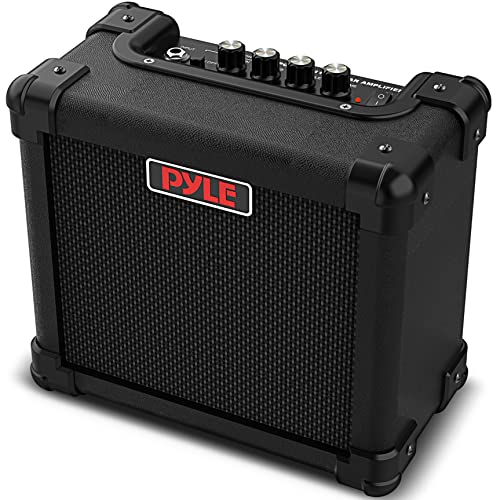I wonder what you think about this (taken from www.tweakheadz.com):
Lets talk about sample rate and the Nyquist Theory. This theory is that the actual upper threshold of a piece of digital audio will top out at half the sample rate. So if you are recording at 44.1, the highest frequencies generated will be around 22kHz. That is 2khz higher than the typical human with excellent hearing can hear. Now we get into the real voodoo. Audiophiles have claimed since the beginning of digital audio that vinyl records on an analog system sound better than digital audio. Indeed, you can find evidence that analog recording and playback equipment can be measured up to 50khz, over twice our threshold of hearing. Here's the great mystery. The theory is that audio energy, even though we don't hear it, exists as has an effect on the lower frequencies we do hear. Back to the Nyquist theory, a 96khz sample rate will translate into potential audio output at 48khz, not too far from the finest analog sound reproduction. This leads one to surmise that the same principle is at work. The audio is improved in a threshold we cannot perceive and it makes what we can hear "better". Like I said, it's voodoo.






















